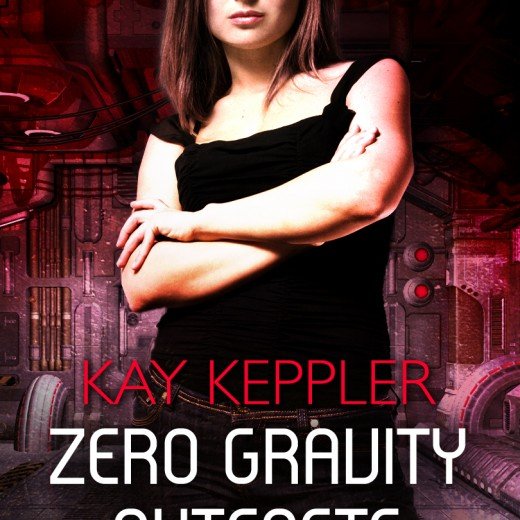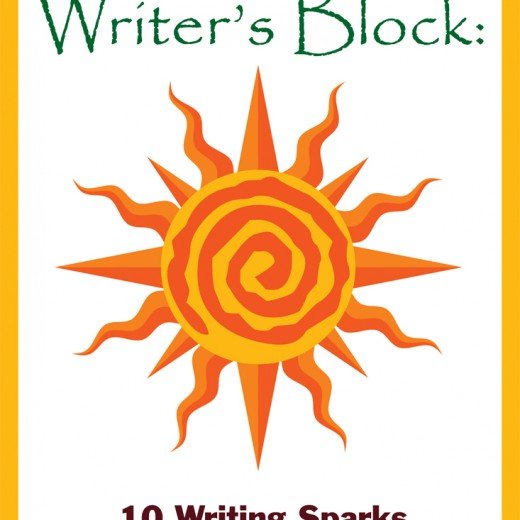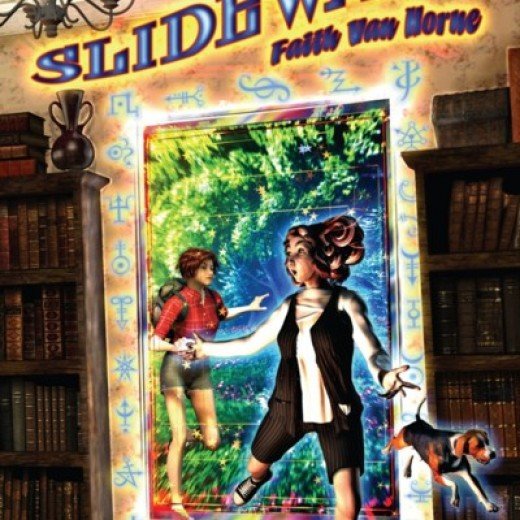How To Remember What You Read + YDNAB Review by LA Bourgeois
 Let’s welcome back LA Bourgeois as she shares with us “How To Remember What You Read + YDNAB Review.” Enjoy!
Let’s welcome back LA Bourgeois as she shares with us “How To Remember What You Read + YDNAB Review.” Enjoy!
***
Before we jump into the review of You Don’t Need a Budget, let’s talk for a moment about how we remember what we’ve learned now that we’ve read the book.
Remembering What We Read
Start by realizing that, just by reading this book with an attitude of learning, we’ve already begun to absorb the lessons and ideas of the author, integrating them into our lives and work almost by accident.
Now, take a couple of days and devote your reading time to studying the book.
A great place to begin is copying the quotes and any notes made in the book to a journal, commonplace book, or the appropriate computer file.
Many folks recommend handwriting your thoughts in a notebook or journal. In fact, on the On With Kara Swisher podcast, Dwight Garner, the New York Times book reviewer, said that he regularly copies his favorite quotes from the books he read into a commonplace book (which is a notebook you keep near to jot down any good quotes, inspirations and ideas that float through the horizon of your attention).
FYI – A commonplace book is so handy! I keep one in my purse and one by my chair in the den for noting quotes from movies, fun signs on the road, and other random inspirations.
Due to ongoing tendonitis, I type my notes into Scrivener, the program I use for my writing. Each project has a file, and the book that I’m reading frequently pertains to one of those projects.
For example, reading You Don’t Need a Budget is part of my coaching project, so I popped these notes and quotes into a document in my “Coaching Blog” file.
Once all of the notes and quotes have been transcribed, I read them to see what themes and resonances showed up for me.
Why did that quote draw my attention?
What are the themes of the book that pulled me in or put me off?
Any exercises or journal prompts that attracted me now get my attention.
Are they still worth doing?
Did what I learned from the book deepen my understanding and experience of the exercise or prompt?
And this is the point where I can really delve in, to review and assess the book, to integrate the teachings into my work.
So, how do I remember the book that I just read? By focusing on the parts that spoke to me and giving them a little more attention.
An Anti-Capitalist Book About Personal Finance
As for how this played out with our first book, You Don’t Need a Budget: Stop Worrying About Debt, Spend Without Shame, and Manage Money With Ease by Dana Miranda, each of you will have a different reaction to the book.
Bits that meant more to you than others.
And, because this book is an anti-capitalist book about personal finance, its ideas can resonate personally while feeling radically political.
This column is not about politics. It’s about reading books that make you feel inspired and to help you thrive as you build a life that incorporates your writing.
With that in mind, the big points that made the most impact for my creative life are these:
- Reframing my emergency fund as the comfort fund because it encourages me to spend on things that help me improve my art like writing classes and an ongoing editor.
- Focusing on the big rocks and letting the rest take care of itself. This comes from the parable Miranda told early in the book about a professor filling a jar.
He started with the big rocks, filling the jar with all of them he could get in. He continues with pebbles, then sand and finally water.
When you fill your jar in that way, then you get everything in the jar.
But, if you were to start with the water, then you couldn’t fit any of the rest of it into the jar.
She suggests this as a way to look at your financial goals, but I will carry it further into my creative work because there are always large and small goals, and sometimes I get distracted by the small goals and then don’t have the energy to make the big goals happen.
What lesson from the book resonated strongest with you?
How are you planning to put it into action?
The Next Book in Our Series
The next book in our series is The Elements of Humor: The Tools of Comedy That Make You Funnier, Happier, and Better Looking by Scott Dikkers.
Even if you’ve never considered creating anything funny or consider yourself a comic author, integrating the tools of comedy improves your writing in unexpected ways.
As the cover says, “Whether you’re aiming to craft funny content, boost your speech delivery with laughs, or just be funnier in everyday interactions, this book covers essential strategies including self-deprecation and the art of wordplay.”
Join us in reading ten pages per (week)day of The Elements of Humor and watch your words begin to sparkle!
***
ABOUT LA BOURGEOIS
 LA (as in tra-la-la) Bourgeois is a Kaizen-Muse Certified Creativity Coach and author who helps clients embrace the joy of their creative work and thrive while doing it.
LA (as in tra-la-la) Bourgeois is a Kaizen-Muse Certified Creativity Coach and author who helps clients embrace the joy of their creative work and thrive while doing it.
Get more of her creativity ideas and techniques by subscribing to her newsletter at https://subscribepage.io/unlockyourcreativity.






